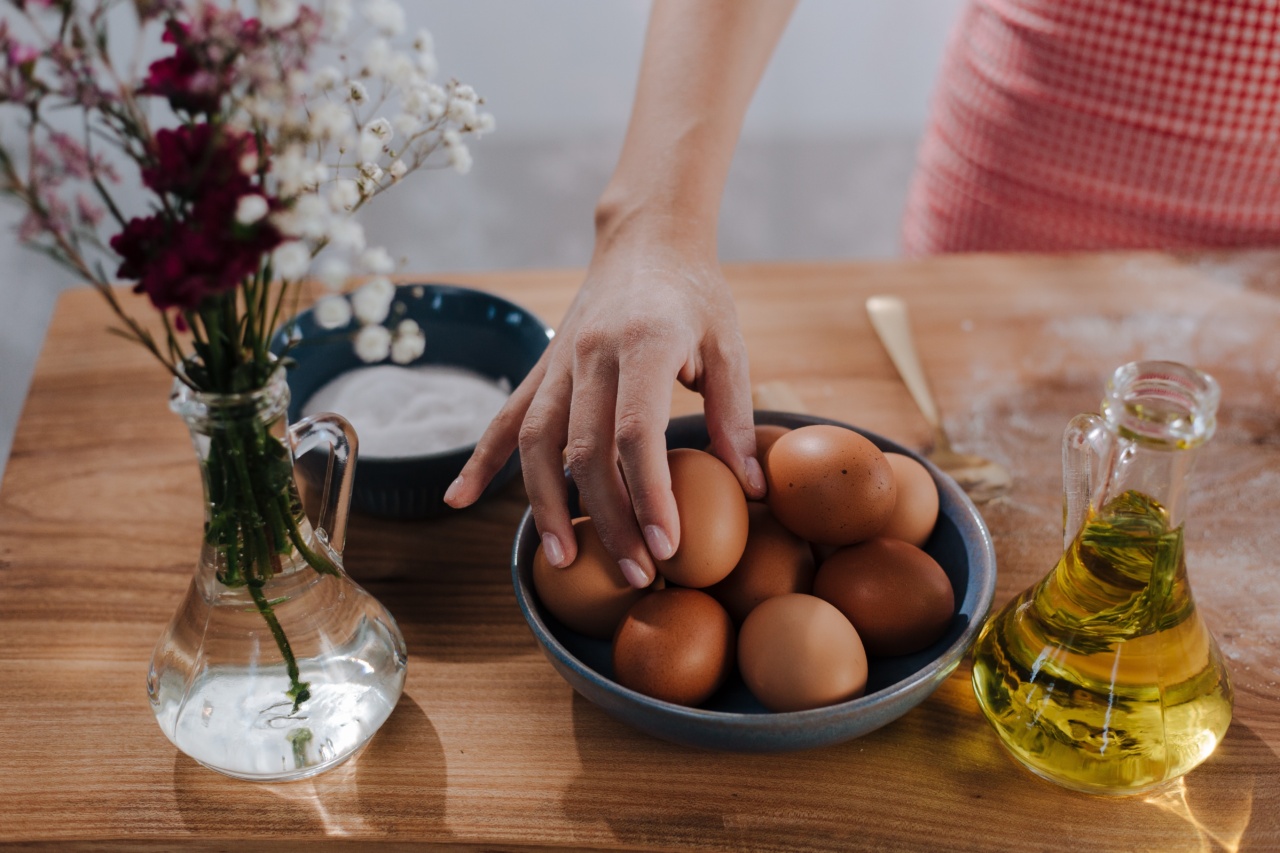Olive oil is a versatile and healthy cooking oil that is widely used in Mediterranean cuisine. It not only adds a rich and distinct flavor to dishes but also offers numerous health benefits.
However, many people unknowingly make mistakes when using olive oil in their cooking, which can affect the taste and quality of their dishes. In this article, we will discuss some common mistakes to avoid when cooking with olive oil.
1. Using the wrong type of olive oil
There are different types of olive oil available, such as extra virgin olive oil, virgin olive oil, and refined olive oil.
Extra virgin olive oil is considered the highest quality and is ideal for cooking, as it retains more of the natural flavors and nutrients of the olives. Using lower quality or refined olive oils can result in a less desirable taste and aroma in your dishes.
2. Heating olive oil to high temperatures
Olive oil has a low smoke point, which is the temperature at which the oil starts to break down and produces smoke. Heating olive oil to high temperatures can result in the formation of harmful compounds and a burnt flavor.
It is recommended to use olive oil for low to medium heat cooking methods such as sautéing, roasting, or drizzling over finished dishes.
3. Storing olive oil improperly
Olive oil should be stored in a cool and dark place to prevent exposure to heat, light, and air. When exposed to these elements, olive oil can become rancid and lose its flavor and nutritional value.
Avoid storing olive oil near stovetops or in clear bottles that allow light to penetrate. Instead, store it in a tightly sealed, opaque container in a pantry or cupboard.
4. Using olive oil past its expiration date
Olive oil, like any other food product, has a shelf life. It is important to check the expiration date before using it in your cooking. Using olive oil past its expiration date can result in a stale taste and decreased nutritional value.
To ensure the best quality, consume olive oil within its recommended time frame.
5. Overusing olive oil
While olive oil adds wonderful flavor and richness to dishes, using it excessively can overpower the other flavors and make the dish greasy.
It is recommended to use olive oil in moderation and balance it with other ingredients to create a harmonious taste profile.
6. Not using olive oil in salad dressings
Olive oil is a key ingredient in traditional Mediterranean salad dressings. It not only enhances the flavor of the salad but also aids in the absorption of fat-soluble vitamins present in the vegetables.
Skipping olive oil in your salad dressing can result in a less satisfying and nutrient-rich salad.
7. Adding olive oil to boiling water for pasta
Contrary to popular belief, adding olive oil to boiling water when cooking pasta does not prevent it from sticking. Olive oil creates a thin film on the surface of the pasta, which can actually prevent the sauce from adhering properly.
Instead, use ample salt in the boiling water to prevent pasta from sticking and toss it with olive oil after draining.
8. Not experimenting with different olive oil flavors
There are various types of olive oils available, each with its own unique flavor profile. Experimenting with different types, such as peppery or fruity olive oils, can add depth and complexity to your dishes.
Don’t be afraid to try different olive oil flavors to discover new tastes and combinations.
9. Using olive oil for deep frying
Due to its low smoke point, olive oil is not suitable for deep frying. When exposed to high temperatures for an extended period, olive oil can break down and produce harmful compounds.
It is better to choose oils specifically designed for deep frying, such as peanut oil or sunflower oil.
10. Not considering the quality of the olive oil
The quality of olive oil can greatly impact the taste and nutritional value of your dishes. Opt for reputable brands and look for certifications such as the International Olive Council (IOC) seal.
High-quality olive oil ensures a superior taste and provides the maximum health benefits associated with this remarkable cooking oil.






























